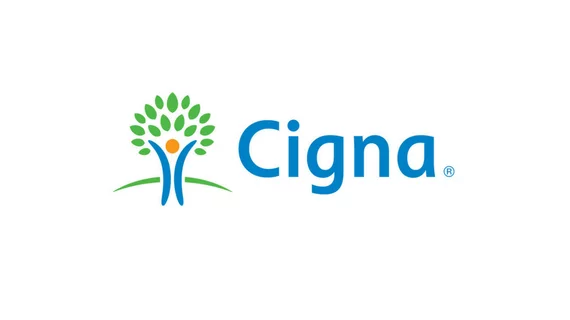DOJ: Cigna deal unlikely to harm consumers, limit competition
The Department of Justice approved Cigna’s $67 billion acquisition of Express Scripts on Monday, noting the deal probably won’t hamper competition across the healthcare space or cause harm to consumers.
While the approval was largely expected, some regulators and policymakers have called for more oversight of ongoing mega-mergers in healthcare. CVS Health is currently seeking regulatory approval for its $69 billion takeover of health insurance company Aetna. The two deals represent the significant consolidation happening across the space over the last few years.
The DOJ analyzed whether Cigna’s deal, which brings together a major pharmacy benefit manager (PBM) and a healthcare services and insurance provider, would raise the cost of PBM services for health insurance rivals or substantially lessen competition across the PBM market.
“Quality healthcare and competitive pricing for healthcare services and pharmaceutical drugs is critical to U.S. consumers,” Assistant Attorney General Makan Delrahim of the Antitrust Division said in a statement. “After a thorough review of the proposed transaction, the Antitrust Division has determined that the combination of Cigna, a health insurance company, and ESI, a pharmacy benefit management company, is unlikely to result in harm to competition or consumers.”
The deal isn’t likely to limit competition because Cigna’s scope in the PBM space is “small,” according to the DOJ, and at least two other major PBM companies and several smaller companies will remain in the market after the merger. Cigna still needs approval from several state regulators.
However, CVS Health’s reach is significant, and the company will reportedly need to divest some assets before the transaction will clear the DOJ and other regulators.
As both deals move closer to finalizing, questions still remain over the impact of healthcare consolidation on costs and access to care.

